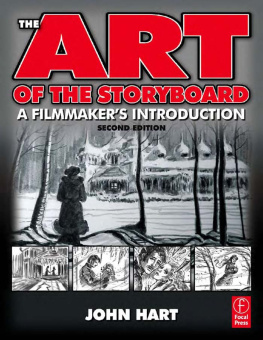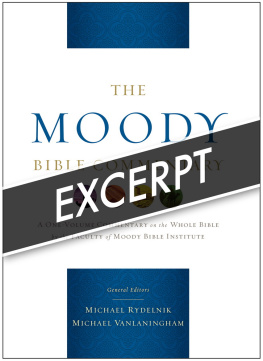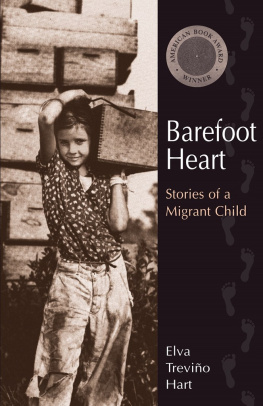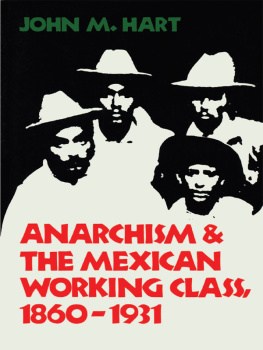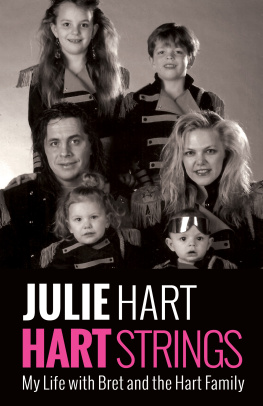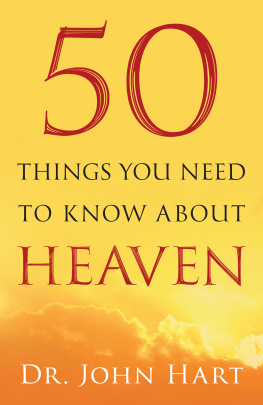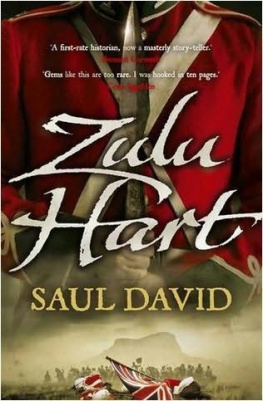John Hart - The Last Child
Here you can read online John Hart - The Last Child full text of the book (entire story) in english for free. Download pdf and epub, get meaning, cover and reviews about this ebook. year: 2009, publisher: Minotaur Books, genre: Detective and thriller. Description of the work, (preface) as well as reviews are available. Best literature library LitArk.com created for fans of good reading and offers a wide selection of genres:
Romance novel
Science fiction
Adventure
Detective
Science
History
Home and family
Prose
Art
Politics
Computer
Non-fiction
Religion
Business
Children
Humor
Choose a favorite category and find really read worthwhile books. Enjoy immersion in the world of imagination, feel the emotions of the characters or learn something new for yourself, make an fascinating discovery.

- Book:The Last Child
- Author:
- Publisher:Minotaur Books
- Genre:
- Year:2009
- Rating:4 / 5
- Favourites:Add to favourites
- Your mark:
- 80
- 1
- 2
- 3
- 4
- 5
The Last Child: summary, description and annotation
We offer to read an annotation, description, summary or preface (depends on what the author of the book "The Last Child" wrote himself). If you haven't found the necessary information about the book — write in the comments, we will try to find it.
The Last Child — read online for free the complete book (whole text) full work
Below is the text of the book, divided by pages. System saving the place of the last page read, allows you to conveniently read the book "The Last Child" online for free, without having to search again every time where you left off. Put a bookmark, and you can go to the page where you finished reading at any time.
Font size:
Interval:
Bookmark:
Fresh off the success of his Edgar Award-winning, New York Times bestseller Down River, John Hart returns with his most powerful and intricately-plotted novel yet.
Thirteen year-old Johnny Merrimon had the perfect life: happy parents and a twin sister that meant the world to him. But Alyssa went missing a year ago, stolen off the side of a lonely street with only one witness to the crime. His family shattered, his sister presumed dead, Johnny risks everything to explore the dark side of his hometown in a last, desperate search. What he finds is a city with an underbelly far blacker than anyone couldve imagined and somewhere in the depths of it all, with the help of his only friend and a giant of a man with his own strange past, Johnny, at last, finds the terrible truth.
Detective Clyde Hunt has devoted an entire year to Alyssas case, and it shows: haunted and sleepless, hes lost his wife and put his shield at risk. But he cant put the case behind him he wont and when another girl goes missing, the failures of the past year harden into iron determination. Refusing to lose another child, Hunt knows he has to break the rules to make the case; and maybe, just maybe, the missing girl will lead him to Alyssa
The Last Child is a tale of boundaries: county borders and circles on a map, the hard edge between good and evil, life and death, hopelessness and faith. Perfectly blending character and plot, emotion and action, John Hart again transcends the barrier between thrillers and literature to craft a story as heartrending as it is redemptive.
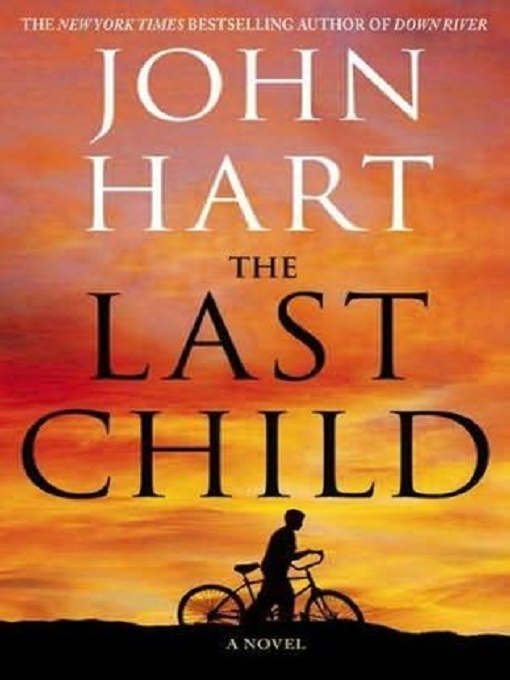
John Hart
by John Hart
Nancy and Bill Stanback,
Annie and John Hart,
and Kay and Norde Wilson.
Parents, friends, trusted advisors.
A lot of people committed to making this book a success. For all that theyve donesetting the tone, directing resources, and making such a strong commitmentI would like to thank Sally Richardson, Matthew Shear, Andrew Martin, and Thomas Dunne. For his genius at marketing the book, thanks to Matt Baldacci and to the wonderful people that work with him: Tara Cibelli, Kim Ludlam, and Nancy Trypuc. The jacket is beautiful and captures so much of the books spirit, and for that I thank David Rotstein and Ervin Serrona. In Production, my thanks go to Kenneth J. Silver, Cathy Turiano, and Nina Frieman; and to Jonathan Bennett in Design. As always, a special shout-out to the hardworking pros on the St. Martins sales teamyoure the best. Few books could succeed without strong publicity; so to my publicity team, Hector DeJean and Tammy Richards-LeSure, my gratitude. I am lucky enough to have the best editors in the businessPete Wolverton and Katie Gilliganwho know how much I appreciate their hard work. Nevertheless, Ill say it here: Thanks, you two. Youre fabulous. Thanks, as always, to my agent, Mickey Choate. To my early readers, Clint Robins, Mark Witte, James Randolph, and Debbie Bernhardtyou guys continue to play a vital role in the process, so thanks for that. Special thanks to Clyde Hunt and John Yoakum, who gave their names knowing full well that I might abuse them. Thanks to Mark Stanback and Bill Stanback, who spoke to me of eagles. And finally, most important, thanks to my wife, Katie, who remains my best friend and the love of my life, and to my daughters, Saylor and Sophie, the wide-eyed masters of daylong joy and innocent enthusiasms.
Asphalt cut the country like a scar, a long, hot burn of razor-black. Heat had not yet twisted the air, but the driver knew it was coming, the scorching glare, the shimmer at the far place where blue hammered down. He adjusted his sunglasses and threw a glance at the big mirror above the windshield. It showed him the length of the bus and every passenger on it. In thirty years hed watched all kinds of people in that mirror: the pretty girls and the broken men, the drunks and the crazies, the heavy-breasted women with red, wrinkled babies. The driver could spot trouble a mile away; he could tell who was fine and who was running.
The driver looked at the boy.
The boy looked like a runner.
Skin peeled from his nose, but beneath the tan he carried the sallow kind of pale that came from sleeplessness or malnutrition or both. His cheekbones made sharp blades beneath skin stretched tight. He was young and small, ten maybe, with wild hair that rose black on his head. The cut was jagged and uneven, like something hed done himself. Frayed cloth hung from the collar of his shirt and from the knees of his jeans. The shoes were just about worn through. On his lap, he clutched a blue backpack; and whatever it held, there wasnt much of it.
He was a good-looking kid, but what struck the driver most were the boys eyes. Large and dark, they moved constantly, as if the boy was overly aware of the people around him, the hot press of humanity typical of a broken-down bus on a sun-blasted morning in the North Carolina sand hills: a half-dozen itinerant workers, a few busted-up brawlers that looked ex-military, a family or two, some old folks, a couple of tattooed punks that huddled in the back.
The boys eyes most often found the man across the aisle, a slick-haired sales type in a wrinkled suit and sprung loafers. There was also a black man with a creased Bible and a soda bottle tucked between his legs; he seemed to catch the kids eye, too. In the seat behind the boy sat an old lady in a parchment dress. When she leaned forward to ask a question, the boy shook his head in a small way and answered with care.
No, maam.
His words rose like smoke, and the lady settled back, blue-veined fingers on the chain that held her spectacles. She looked through the window and her lenses flashed, then went dark as the road sliced into a stand of pine with shadows that pooled green beneath the limbs. The same light filled the bus, and the driver studied the man in the wrinkled suit. He had pale skin and a hangover sweat, unusually small eyes and an edginess that scraped the drivers nerves. Every minute or two, the man shifted in his seat. He crossed his legs and uncrossed them, leaned forward, then back. His fingers drummed one knee of the ill-fitting suit and he swallowed often as his gaze drifted to the boy, then flicked away, drifted again and lingered.
The driver was a jaded man, but he ran things clean on his bus. He refused to tolerate drunkenness or debauchery or loud voices. His momma raised him that way fifty years ago and hed found no reason to change. So he kept an eye on the boy, and on the drawn, shiny man with eager eyes. He watched him watch the boy, saw him push back against the greasy seat when the knife came out.
The boy was casual about it. He pulled it from a pocket and folded the blade out with a single thumb. He held it for a moment, visible, then took an apple from his bag and sliced it in a sharp, clean motion. The smell of it rose above the travel-stained seats and the dirt-smeared floors. Even above the diesel stink, the driver caught the sharp, sweet tang of it. The boy looked once at the mans wide eyes and slick, washed-out face, then folded the knife and put it back in his pocket.
The driver relaxed and watched the road, uninterrupted, for a few long minutes. He thought that the boy seemed familiar, but the feeling passed. Thirty years. He settled his heavy frame deeper into the seat.
Hed seen so many boys.
So many runners.
Every time the driver looked at him, the boy felt it. It was a gift he had, a skill. Even with the dark shades on the drivers eyes and the big curve in the face of the mirror, the boy could tell. This was his third trip on the bus in as many weeks. He sat in different seats and wore different clothes, but guessed that sooner or later somebody would ask him what he was doing on a cross-state bus at seven oclock on a school day. He figured the question would come from the driver.
Font size:
Interval:
Bookmark:
Similar books «The Last Child»
Look at similar books to The Last Child. We have selected literature similar in name and meaning in the hope of providing readers with more options to find new, interesting, not yet read works.
Discussion, reviews of the book The Last Child and just readers' own opinions. Leave your comments, write what you think about the work, its meaning or the main characters. Specify what exactly you liked and what you didn't like, and why you think so.

